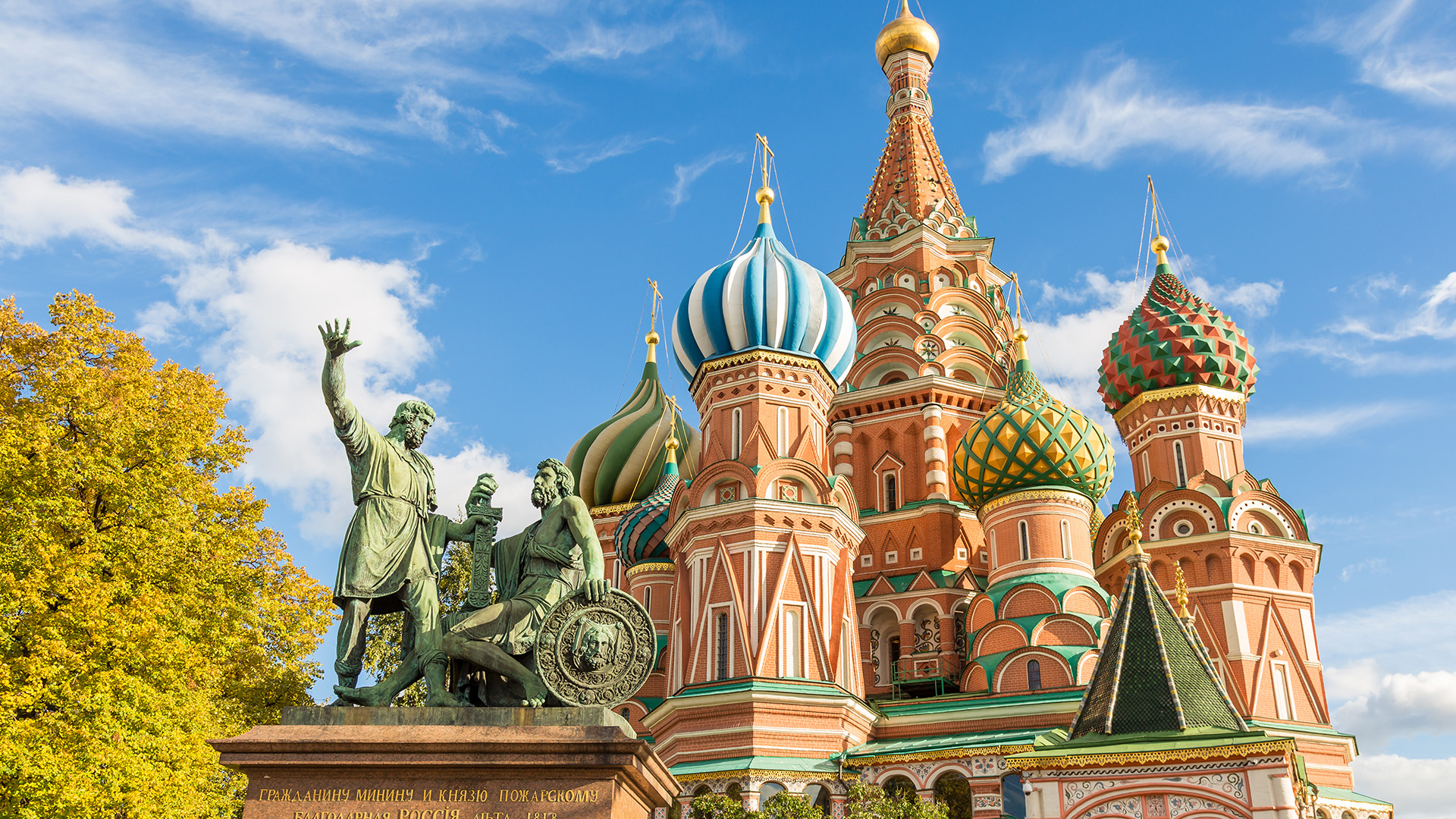
Publication
Government shutdown prompts key telehealth changes
Major changes to Medicare telehealth coverage became effective October 1, 2025.


United States | Publication | August 2019
In a long awaited decision, the US has announced that it will impose a second round of sanctions on Russia as required under the Chemical and Biological Weapons and Warfare Elimination Act of 1991 (22 USC. 5601 et seq.) (the CBW Act). The sanctions, which will not become effective until the publication of a notice in the Federal Register on or around August 19, 2019, relate to Russia's alleged attempt in 2018 to assassinate Sergei Skripal and his daughter using a banned nerve agent. In summary, the sanctions will:
As discussed in more detail below, the impact of these sanctions, as with the first round of sanctions issued in August, 2018, is expected to be minimal, particularly in comparison to the menu of potential sanctions that could have been imposed. For example, the CBW Act authorizes a prohibition on: (i) the export to Russia of all goods and technologies (excluding agricultural products); (ii) importation into the United States of any Russian-origin goods; or (iii) the issuance or provision of any loan or credit to Russia, excluding agricultural related transactions. Rather than imposing these broad sanctions, the State Department elected, as it did with the first round of sanctions, to utilize its broad waiver authority to significantly narrow their scope.
This second round of sanctions was required under the CBW Act because, following the first round of sanctions, Russia did not sufficiently establish within ninety days that it had met the required conditions, including that it would allow on-site inspections to verify it had stopped using chemical or biological weapons. The second round of sanctions could have been imposed as early as November 2018, but the administration delayed the process until recent Congressional pressure necessitated a response.
The sanctions must remain in place for at least 12 months and can only be lifted if the President determines and certifies to the Congress that Russia has met several conditions described in the CBW Act, including providing reliable assurances that (1) it is not making preparations to use chemical weapons; (2) it has provided assurances it will not use chemical weapons in the future; (3) it has allowed international inspectors to verify those assurances; and (4) it has paid restitution to the victims of the nerve agent attack.
The most significant of the three sanctions is the prohibition on "US banks" from "participation in the primary market for non-ruble denominated bonds issued by the Russian sovereign" and "lending non-ruble denominated funds to the Russian sovereign."
While the CBW Act refers to "US Banks," the related Directive issued by the US Department of Treasury's Office of Foreign Assets Control (OFAC) specifies that the term should be construed to apply to a broader universe of US financial institutions, including: "depository institutions, banks, savings banks, trust companies, securities brokers and dealers, commodity futures and options brokers and dealers, forward contract and foreign exchange merchants, securities and commodities exchanges, clearing corporations, investment companies, employee benefit plans, and US holding companies, US affiliates, or US subsidiaries of any of the foregoing."
The term "Russian sovereign" is defined to include any ministry, agency, or sovereign fund of the Russian Federation, including the Central Bank of Russia, the National Wealth Fund, and the Ministry of Finance of the Russian Federation.
Explicitly excluded from the prohibitions, however, are transactions involving: (1) the non-primary (i.e., secondary) market for Russian sovereign debt; (2) ruble denominated debt; or (3) state-owned enterprises in Russia (which are excluded from the definition of Russian sovereign).
Russian sovereign debt has frequently been discussed as a potential target for US sanctions so many US financial institutions had previously largely withdrawn from participating in transactions involving such debt, outside of certain transactions involving Russian Eurobonds. Because ruble denominated debt is excluded from the scope of the new sanctions, transactions involving Russian ruble denominated Federal Loan Obligations (OFZs) will likely remain permissible. More problematic for US financial institutions, however, will be transactions involving Russian Eurobonds, which are, by definition, denominated in non-Russian currencies (primarily US dollars). It is unclear, for example, whether US financial institutions will be permitted to continue clearing US-dollar transactions associated with such bonds.
According to the US Department of State, the sanctions will include a presumption of denial for all applications for licenses to export dual-use goods that are controlled by the US Department of Commerce for chemical and biological weapons proliferation reasons (CB). The US Department of Commerce has not yet issued any regulations or guidance specifying how it will implement these restrictions but, according to the State Department guidance, the restrictions, like those imposed on national security controlled items under the first round of sanctions, will include multiple exceptions that will significantly reduce their impact.
For example, there will be an exception for US firms fulfilling existing contracts with Russian customers. In addition, license applications for exports of CB controlled items involving the following activities will be treated on a case by case basis, and not be subject to a policy of denial:
It is not certain whether exports of CB controlled items will, like NS items in the first round of sanctions, remain eligible for export under various license exceptions. Based on these broad exceptions, and because all CB controlled items already required a license for export to Russia, the main impact of the new prohibitions will largely be limited to a formal presumption of denial for CB controlled products to Russian government owned and funded entities that are unrelated to space cooperation.
Under the new sanctions, the United States is required to oppose the provision of any loan, or financial or technical assistance, to Russia by international financial institutions such as the World Bank or International Monetary Fund unless such assistance "is directed specifically to programs which serve the basic human needs of the citizens of such country."
Russian reliance on these institutions for assistance is minimal (for example, according to IMF data Russia currently has zero IMF-issued loans), so the impact of this policy is also likely to be minimal.

Publication
Major changes to Medicare telehealth coverage became effective October 1, 2025.
Subscribe and stay up to date with the latest legal news, information and events . . .
© Norton Rose Fulbright US LLP 2025